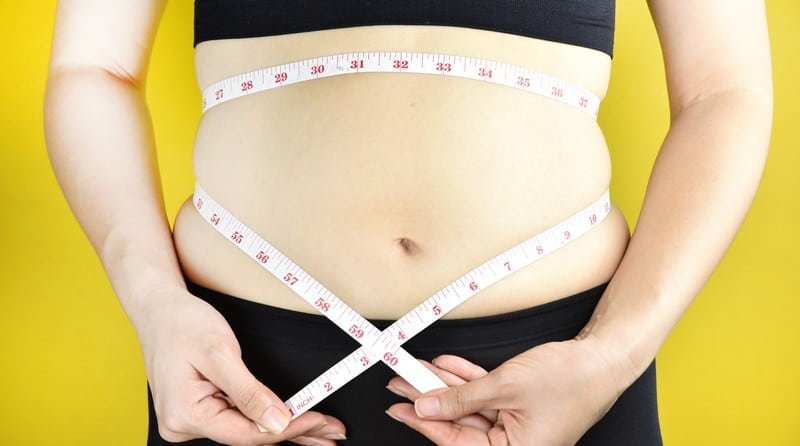How Does Calorie Counting Help My Diet and Weight Loss?
A diet the vast majority of us want to lose weight. You might want to lose just 10 pounds, or you might have a goal to lose 200 pounds. No matter what your current goal is, there is a saying: calories in versus calories out. What this means is that in order for you to lose weight and keep it off, you need to limit the number of calories you’re consuming or work to burn them off through exercise and other physical activities. Calorie counting is the basis behind almost every single diet on the market. Even diet that claim to be different or use “point systems” ultimately use calorie counting to restrict food intake and encourage the person to lose weight.
What is Calorie Counting?
Almost every food that you consume has calories in it. A calorie is a source of energy, which means that you need calories to function, thrive and live. If you do not consume enough calories, you can deal with fatigue, hair loss, vitamin deficiencies and even organ failure. However, if you consume too many calories, you’ll likely begin to gain weight because the calories aren’t burned off quickly enough and get stored as fat. Keep in mind that it’s challenging for you to out-exercise a bad diet unless you workout regularly or are involved in some type of high-energy sport. Just because you exercise for 30 minutes a day on an elliptical does not mean that you should up your calorie intake and still expect to losse weight.
How is It Effective for Weight Loss?
Calorie counting makes you aware of the amount that you’re consuming. Unfortunately, many foods are high in calories but aren’t very filling. For example, a small milkshake may be consumed as a drink and fill you up for a half hour, but you might not realize that it contains upwards of 500 to 600 calories per glass. The same can be said about those who drink their calories in the form of juice, soda and sugary beverages. By the end of the day, you might tally up and realize that you consumed over 1,000 calories in drinks alone. This is why counting calories is so useful for losing weight. It makes you aware of what you’re eating and how many calories you’re consuming.
What You Need to Know
The way that you count calories for a diet is to look at the label of whatever food or drink you’re consuming and write it down in a food log or journal. Keep an eye on portion control when counting calories to loss weight since you might be consuming more because you’re eating more than the portion size that’s recommended on the box or bottle. The amount of calories you need is determined by your height, age, gender and current weight. Also, you may want to consider looking up your current TDEE, or total daily energy expenditure, which calculates your energy expenditure according to your lifestyle and lets you know how many calories you need to lose weight without starving your body successfully.
Diets That Involve Calorie Counting
Almost every single diet on the market right now involves some type of calorie counting. For example, the hCG diet limits the number of calories you can consume so that you can weight loss. Others might claim that they use a “point” or “tally” system when in reality, they are creating these points by calculating calories. Even newer and more different diets, like the Paleo diet or the Keto diet, use some form of calorie counting.
Knowing the Limits
Your body has its limits, and you need to know when you’re eating enough or not getting enough. One problem that a lot of people have is that they limit their calories to the point that their body goes into shock. This is where yo-yo dieting comes into play. You tell yourself you’ll loss weight tomorrow, but tomorrow never comes. This yo-yoing is often the result of restricting your calories to the point where you begin binge eating in an attempt to avoid famine when the diet starts.
Another problem that dieters have is that they don’t account for all of their consumed calories. You might think a piece of chocolate here, and it is alright, or a small bowl of chips isn’t going to amount to much until you realize that your small snacks make up half of your day’s worth of calories. As always, speak with a doctor before you decide to begin a diet to ensure that you’re following a healthy and active routine.
References
- https://www.organizeyourselfskinny.com/2015/03/20/3-reasons-why-i-use-my-fitness-pal-and-not-weight-watchers-to-track-my-food/
- http://www.toandfrommagazine.com/the-hcg-diet-plan-what-you-can-eat-and-what-you-must-avoid/
- https://www.honeycolony.com/article/whow-i-lost-12-pounds-and-developed-a-cyst-with-the-hcg-diet/
- https://www.therecoveryvillage.com/mental-health/binge-eating/


